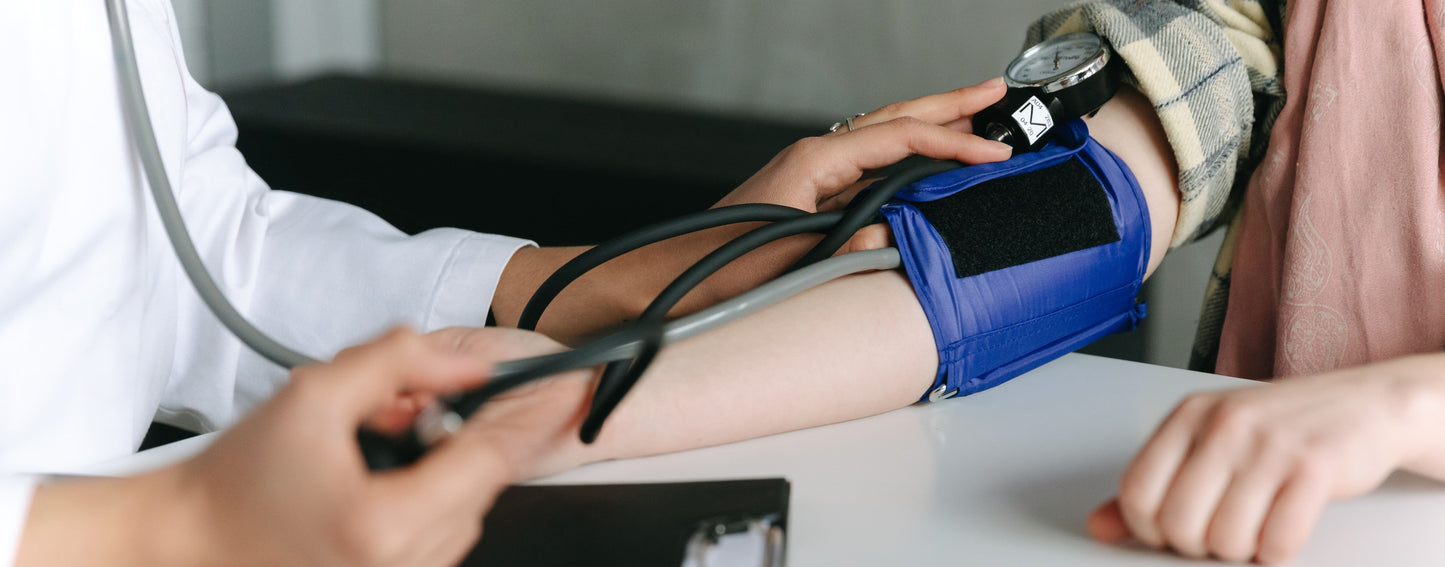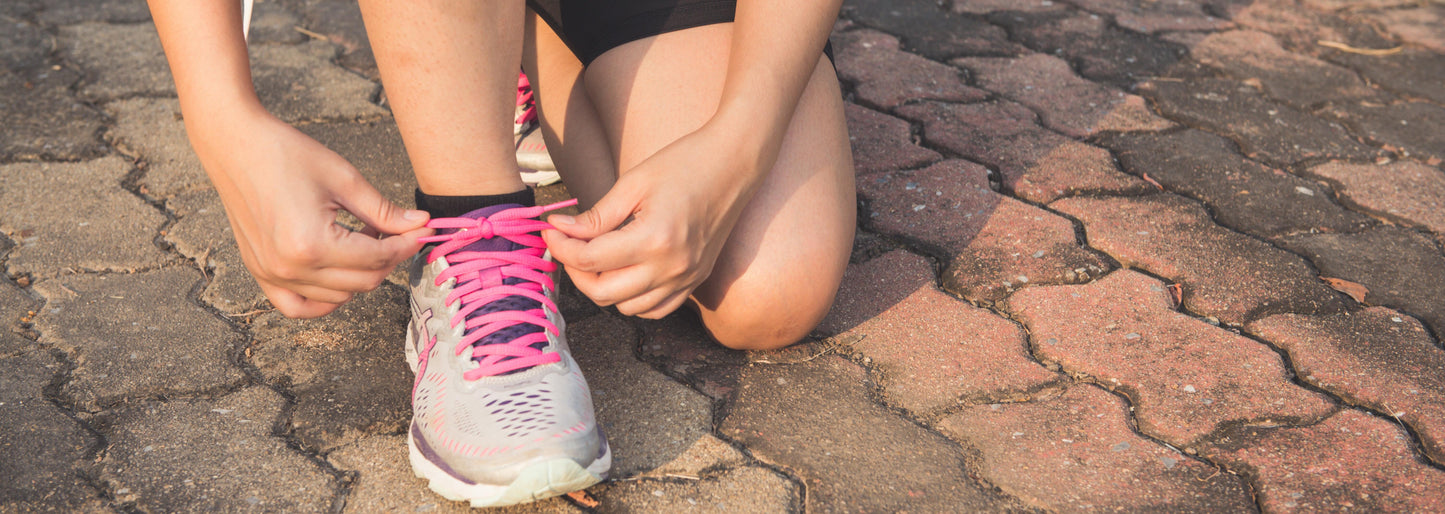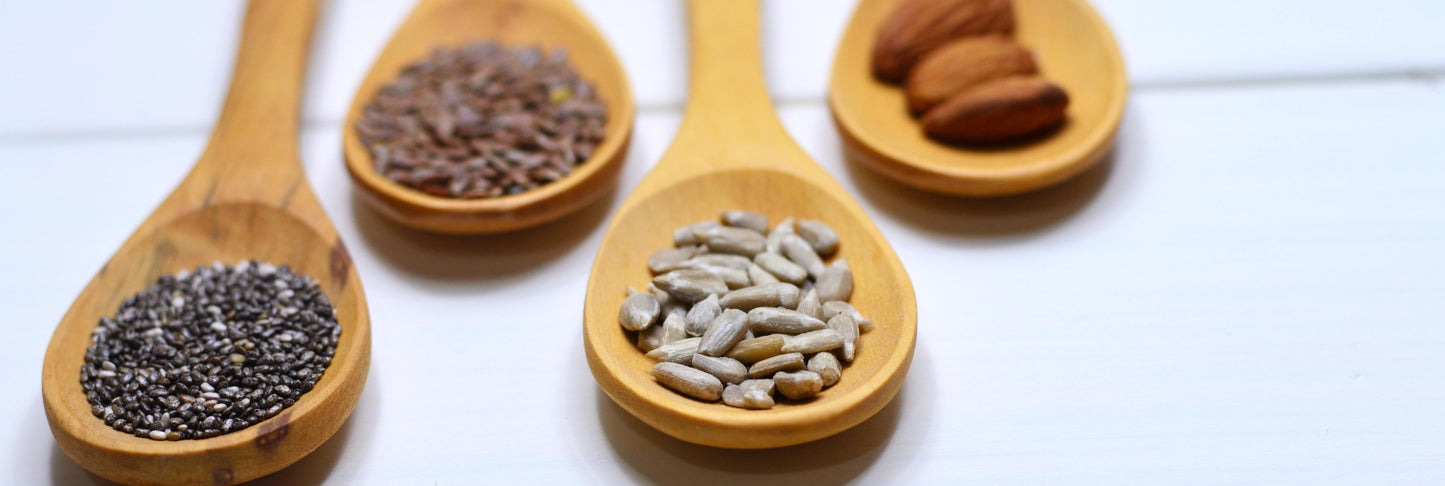
By Shona Wilkinson
Shona is a member of the Professional Associations BANT (British Association for Nutrition and Lifestyle Medicine) and CNHC (Complementary and Natural Healthcare Council) as well as the Royal Society for Medicine.
The best blood pressure lowering foods to add to your diet
What is high blood pressure?
Blood pressure is the measure of the force your heart is using to pump blood around your body. In a blood pressure reading, there are two figures given; systolic pressure, (the pressure of your heart pushing blood out), and diastolic pressure, (the pressure of your heart rest between beats).
Normal blood pressure is between 90/60 mm Hg and 140/90 mm Hg. If you have a reading of 140/90 mm Hg or more, you are considered to have high blood pressure (hypertension), which puts you at greater risk of developing serious health conditions, such as heart attack or stroke.
People with a blood pressure reading of around 90/60 mm Hg or less are usually regarded as having low blood pressure, which is a less common condition.
Things that can increase the risk of high blood pressure
High blood pressure is generally related to unhealthy lifestyle aspects such as;
- Drinking too much alcohol or caffeine-based drinks
- Being overweight
- Smoking
- Lack of exercise
- Eating too much salt and not enough fruits and vegetables
- Suffering from kidney disease or diabetes
Positive lifestyle changes to improve your overall health like exercising more and cutting out smoking and alcohol may help to lower blood pressure. It's also important to consider a dietary approach to stop hypertension which will include cutting down certain foods and including more vitamin-rich foods in your diet.
Symptoms of high blood pressure
Anyone believing they might have high blood pressure should contact their doctor. There are several symptoms of high blood pressure, for example;
- Severe headaches
- Fatigue
- Beathlessness
However, rarely does it present noticeable symptoms, which can be dangerous for those suffering from it as it can lead to strokes, heart attacks, embolisms or even an aneurysm. You may be put on medication, in this case your doctor will advise if diet change or supplements should be used alongside.
The only way to determine if you do have high blood pressure is to check a blood pressure reading. Looking after your heart health is especially important for those aged over 65 or people with a family history of hypertension.
Top 8 foods that help lower blood pressure
There are several organic ways to reduce high blood pressure without medication, for example taking a supplement or eating foods that contain
potassium, magnesium and B vitamins will contribute to the maintenance of normal blood pressure.
Besides looking into a balanced and healthy diet, there are certain foods which will help lower your blood pressure:
1. Bananas
Bananas are not only a nutritious food but they are rich in potassium and are packed with fibre – something which lowers the risk of high blood pressure and heart disease.
2. Steamed haddock
This fish in particular is a strong source of potassium and B vitamins such as Niacin, B3, B6 and B12. Haddock is rich in omega-3 fatty acids, which are known to support heart health. It's often favoured by those trying to lose weight as it's low in calories but high in protein.
3. Ready-to-eat apricots
Dried apricots make a great quick and easy snack to add into your everyday diet. These tasty fruits contain high levels of antioxidants and potassium to keep your heart healthy.
4. Herbs
People often forget the value of herbs in their day to day diet. Basil and tarragon are not only a flavoursome addition to your meal, but will actively improve your potassium intake.
5. Leafy green vegetables
An imbalance in your electrolytes can also lead to high blood pressure and magnesium contributes to an electrolyte balance. Known as ‘nature’s relaxant’ it relaxes muscles and nerves, as it dilates blood vessels, this will lower blood pressure. Green leafy vegetables are a great way to up your magnesium intake and may help to lower your systolic blood pressure. The body converts the nitrates in leafy greens to nitric oxide, which helps blood flow.
6. Nuts and seeds
Sunflower seeds, chia seeds and nuts like almonds, Brazils and cashews are all a good source of healthy fat, potassium, magnesium and fibre. These healthy fats, (such as monounsaturated and polyunsaturated fats) help to reduce cholesterol in the body, which can increase risk of coronary heart disease.
7. Tofu
B vitamins are also good for maintaining blood pressure. These nutrients help to lower homocysteine levels, which is another risk factor for heart disease. Thiamine contributes to the normal function of the heart, so getting a good source of thiamine (Vitamin B1) through introducing foods such as tofu can also help restore balanced blood pressure levels.
8. Asparagus
Not only is this veg rich in B vitamins and antioxidants, it also contains high levels of potassium, all important nutrients that contribute to healthy heart function. It also contains asparaptine, which may help to improve blood flow.
Finally, there are also ways we can reduce the risk of high blood pressure, for instance, limiting your caffeine intake and reducing stress levels through daily fitness regimes and
bed time sleep supplements.

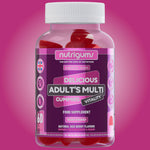 Adult's Multi Vitality Gummies
Adult's Multi Vitality Gummies
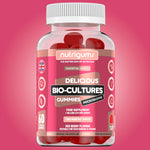 Bio Cultures Microbiome Gummies
Bio Cultures Microbiome Gummies
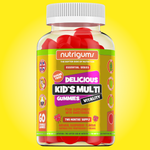 Kids Sugar Free Multi Vit Gummies
Kids Sugar Free Multi Vit Gummies
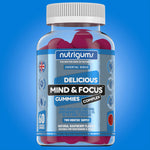 Mind & Focus (Ashwaganda) Gummies
Mind & Focus (Ashwaganda) Gummies
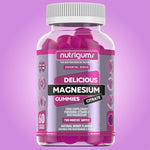 Magnesium Citrate & Vit C Gummies
Magnesium Citrate & Vit C Gummies
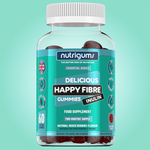 Happy Fibre (Inulin) Gummies
Happy Fibre (Inulin) Gummies
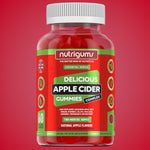 Apple Cider Vinegar Complex Gummies
Apple Cider Vinegar Complex Gummies
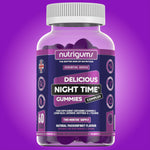 Night Time Complex Gummies
Night Time Complex Gummies
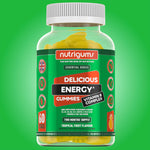 Energy (Vitamin B Complex) Gummies
Energy (Vitamin B Complex) Gummies
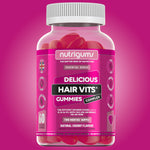 Hair Vitamin Complex Gummies
Hair Vitamin Complex Gummies
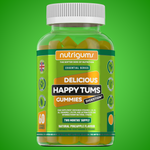 Happy Tums (Digestion) Gummies
Happy Tums (Digestion) Gummies
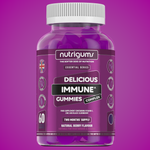 Immune Vitamin C, Elderberry and Zinc Complex Gummies
Immune Vitamin C, Elderberry and Zinc Complex Gummies
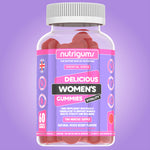 Women's Vitality Gummies
Women's Vitality Gummies
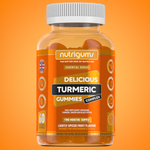 Turmeric, Ginger and Black Pepper Gummies
Turmeric, Ginger and Black Pepper Gummies
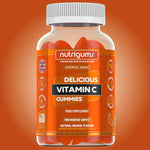 Vitamin C 80mg Gummies
Vitamin C 80mg Gummies
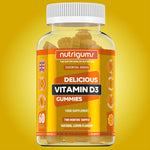 Vitamin D3 1000iu Gummies
Vitamin D3 1000iu Gummies
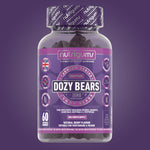 Dozy Bears Night Time Gummies
Dozy Bears Night Time Gummies
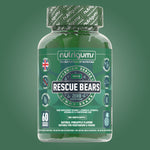 Rescue Bears Mood Gummies
Rescue Bears Mood Gummies
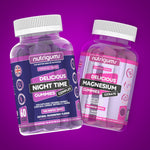 Ultimate Bedtime bundle
Ultimate Bedtime bundle
 Ultimate Beauty bundle
Ultimate Beauty bundle
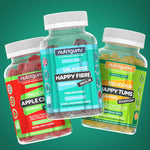 Ultimate Diet bundle
Ultimate Diet bundle
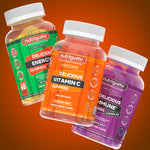 Ultimate Immunity bundle
Ultimate Immunity bundle
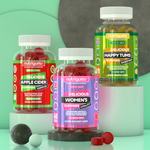 Ultimate Women's Vitality bundle
Ultimate Women's Vitality bundle
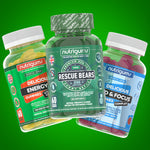 Ultimate Busy Lifestyle bundle
Ultimate Busy Lifestyle bundle
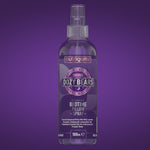 Dozybears Bedtime Pillow Spray
Dozybears Bedtime Pillow Spray
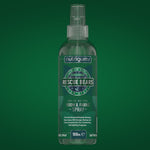 Rescue Bears Stress Relief Spray
Rescue Bears Stress Relief Spray
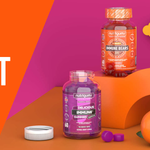 Immunity Gummies
Immunity Gummies
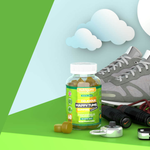 Diet Gummies
Diet Gummies
 Bone & Joint Gummies
Bone & Joint Gummies
 Beauty Gummies
Beauty Gummies
 Energy Gummies
Energy Gummies
 Gut Health Gummies
Gut Health Gummies
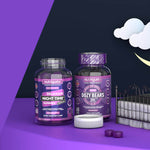 Bedtime Gummies
Bedtime Gummies
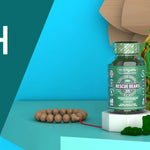 Mind & Mood Gummies
Mind & Mood Gummies
 No Added Sugar Gummies
No Added Sugar Gummies

